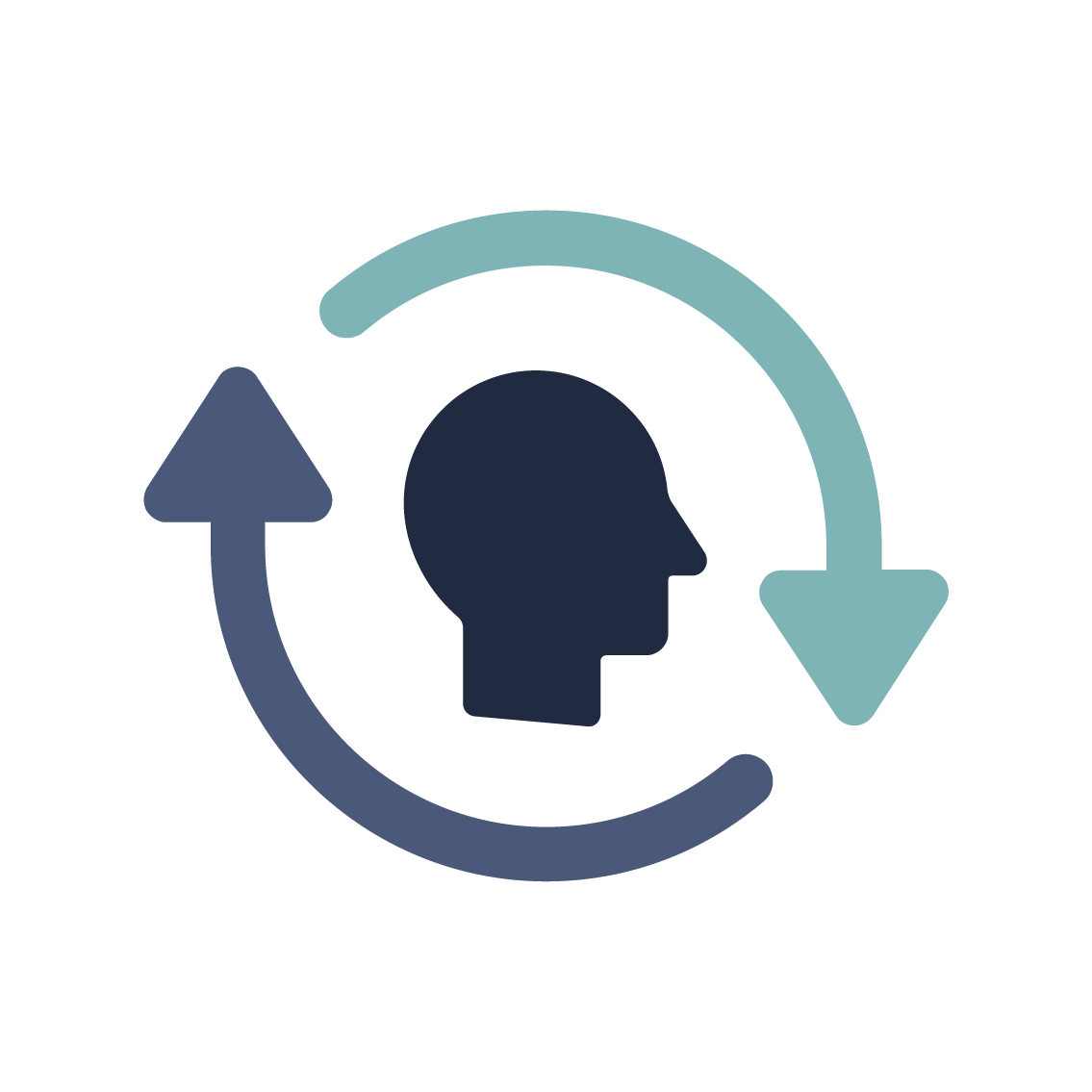How we work
Cognitive Behavioural Therapy (CBT) or Cognitive Behavioural Coaching (CBC) is sometimes referred to as an umbrella term for a group of therapeutic and coaching approaches – rather than being just one type of therapy.
At Bech Psychology Services we use both ‘classic’ CBT and newer developments within the field, specifically Metacognitive Therapy (MCT) and Acceptance and Commitment Therapy (ACT).
Cognitive Behavioural Therapy approaches (CBT, MCT, ACT) are what is called evidence-based therapies. That means research has shown that they work when delivered effectively.
Key to these approaches is that the focus is on creating lasting change for you.
Together we work on unpacking the thought processes and behavioural habits that affect you negatively, and by practising new coping strategies, skills, and habits that break the negative cycle.
Emphasis is placed on incorporating what you learn in the sessions (e.g. new perspectives or ways of thinking and behaving) into your life. This means that you will sometimes be asked to try out new skills or coping strategies between the sessions.
Though cognitive therapy approaches focus on the present and the future, we do not ignore your past. It can be important to understand how past experiences have influenced your beliefs and your behaviour. However, we use this understanding to create change in your present and your future.
Common for the three therapeutic approaches is that we work on your thought processes and your behaviours to alleviate emotional pain (or improve wellbeing). The exact focus and methods to do this differ between the three approaches.
Generally, where ‘classic’ CBT looks at challenging what you think and your particular thinking patterns, both MCT and ACT work with your metacognition, which is your relationship with your thoughts or what you are thinking about your thoughts.
At the beginning of every course of therapy, we conduct an assessment to understand the problems you are facing and what changes you hope to make. This helps us to decide which therapeutic approach is best suited to your needs.
For more information on each approach…
-

Cognitive Behavioural Therapy (CBT)
-

Metacognitive Therapy (MCT)
-

Acceptance and Commitment Therapy (ACT)


